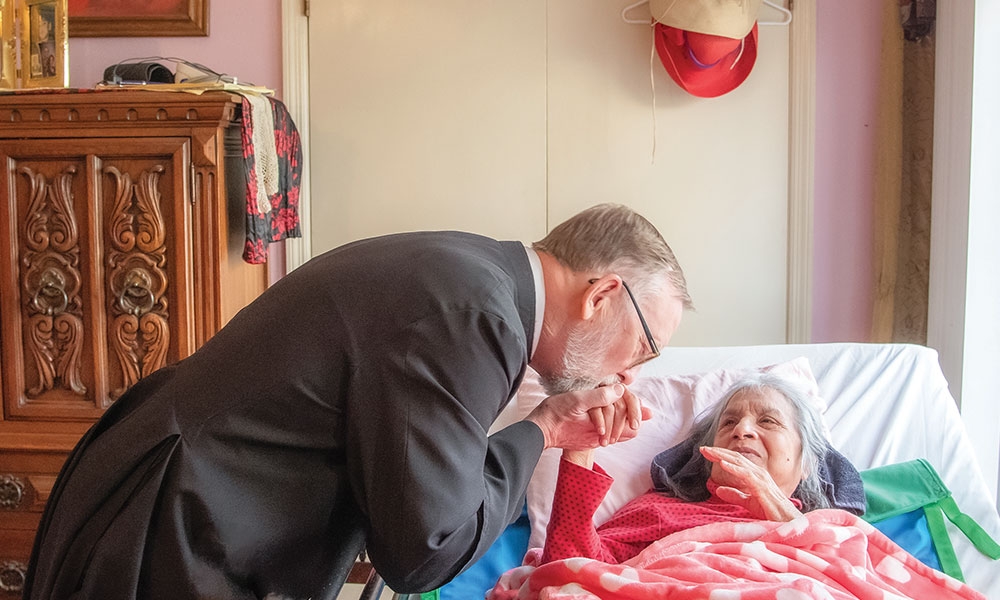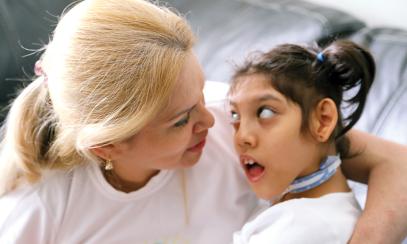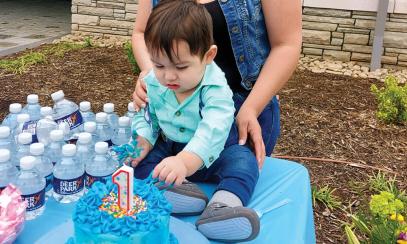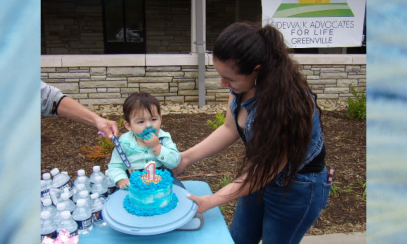
Created, not owned: Our Catholic response to assisted suicide
The presence and company of older adults — in addition to being sources of wisdom and memories full of history and lived example — is the great opportunity we have to be grateful for what they have done over the years and to take care of them as they took care of us.
The presence and company of older adults — in addition to being sources of wisdom and memories full of history and lived example — is the great opportunity we have to be grateful for what they have done over the years and to take care of them as they took care of us.
However, this attitude is not embraced in many cases. So often, the care of the elderly is crossed by a question that reveals the attitude of what St. John Paul II christened the “culture of death”: When and to whom can we administer assisted suicide?
Bishop Robert Barron wrote an interesting article on the subject and the title contains an important statement: “It’s not your life, it’s not your death, it’s not your choice.” This headline points to one of the great truths of our faith: We profess to have received life from the Holy Spirit, who is the Lord and giver of all life. Not only that, but our life has been purchased at the highest cost, the blood of Christ Jesus. On the cross, Christ gave us back what we had lost, eternal life. He paid with his blood the great debt humanity acquired when we disobeyed our Creator.
Choices have consequences
In a culture where faith has been lost and replaced with a veneration of self — in which we no longer want to have a God to whom we belong because that goes against the free expression of our personality — the choice to decide about life and death ceases to be a moral issue and becomes a matter of convenience.
There has been a fundamental change in society. The renunciation of God has made us lose sight of the fact that we, and every other human, belong to a superior being. That is to say, we are not the owners of life and much less of death.
When the virtue that is respected above any other is the “ability to choose,” the doors are opened to a great moral evil. Life itself begins to be devalued when the power of decision, to choose certain lives over others, is given priority. Inevitably, then, there will be some lives that are more “productive” or “useful” than others. In short, the notion is that there are lives worth more and lives worth less.
In reality, all human life is of equal value, whether productive or not, and, most important of all, no one can decide when it begins and when it ends. No human being has the power to administer the gift of life. When societies lose sight of the dignity and sacredness of every human being, atrocities happen.
Bishop Barron points out that in St. Paul’s letter to the Romans, he preaches: “None of us lives for oneself, and no one dies for oneself. For if we live, we live for the Lord, and if we die, we die for the Lord; so then, whether we live or die, we are the Lord’s” (14:7-8).
Not-gods behaving as gods
One of the false promises with which the enemy has always tempted mankind is, “your eyes will be opened and you will be like gods, who know good and evil” (Gn 3:5). This is the most effective lie we fall for because it appeals directly to our pride in wanting to be like God. Great technological advances have blurred our vision that God is the Great Creator. In a laboratory, we can pretend to be the owners of good and evil — to commit atrocities and cruelties on human life without a single scream being heard — because we manipulate life in its expression and in its most vulnerable moment.
The promise made by Satan is a great deception, because far from being like gods, what happens is that we believe ourselves to be gods, which is very different. I may believe that I am a queen, but reality is quite different. To behave like gods without being gods is a sure recipe for abuse and even for the destruction of life.
We must remember, especially in discussions of euthanasia, that we are not the masters of any life — not even our own. We must renew our awareness of the sacredness of every human being and remember that the dignity of a person is never lost in spite of illness or incapacity. The final decision is not in our hands because we are not gods, nor can we pretend to be. That ideation risks causing serious harm to ourselves and society.
The other side of the coin
As Catholic Christians, we are called to honor life, to respect and protect human dignity. Therefore, we cannot end life whenever we wish, but neither can we prolong it at every cost. This is the other side of the coin. It is worth remembering that death is part of our reality as human beings, so clinging to this earthly life is not a Christian attitude either. Just as we cannot end it at will, neither can we prolong our hopeful journey to the Father.
By opposing euthanasia, we are not saying that for any and every reason we should cling to life. The Church, in this sense, speaks about ordinary and extraordinary means; we are not obliged to cling to any means to prolong a life if the situation is unfeasible and senseless. No, we must also learn to let go so God may manage the moment of death in the way he choses, not in the way science and technology allow. We cannot take such an absolutist position because it goes against the fundamental principle that we are not the owners of life. Therefore, life is not to be manipulated at our whim or according to what’s possible to achieve medically.
Throughout October’s Respect Life Month, let’s remember that in defending life we are also defending that it is a gift that has been given to us. We must respond to this gift with wisdom, compassion and openness to the will of God. He is the author and Creator, and he decides when to give it and when to take it away. Let’s also support our older adults by helping them in their last years so that they may find in us a support for a life accompanied and not for assisted death.
Cristina Umaña Sullivan is a cultural sociologist who has been dedicated to evangelization for more than 10 years, specializing in Theology of the Body and the creation of identity from a Christian perspective. Email her at fitnessemotional@gmail.com.



